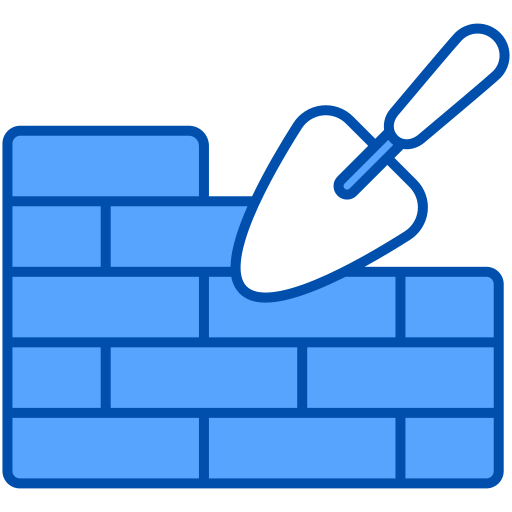Understanding Your Ideal Customer
For any small business entering the world of online marketing, the first big step is knowing your ideal customer. This is about figuring out who exactly wants or needs what you’re selling. By getting to know your potential customers, you can ensure that your online messages grab their attention.
Start by thinking about the basics of who your perfect customer is. This means looking at things like how old they are, whether they’re male or female, where they live, how much money they make, and what their education looks like. Knowing these details helps you create marketing messages that speak to them.
But it’s not just about the basics. You also need to get into their heads a bit. This means thinking about what they’re interested in, what they value in life, and how they like to live. Understanding this can help you create content for your website that they’ll find interesting and relevant.
You should also think about how your ideal customers behave when they’re shopping. This includes understanding how often they buy things, what makes them decide to buy something, and where they like to shop. Knowing this helps you tailor your online marketing to encourage them to buy from you.
Getting your target audience right is key to a successful online marketing plan for your small business. It’s about knowing who they are, what they like, and how they shop. This way, you can create online messages that they’ll want to click on, driving more traffic and sales to your website.
Picking a Memorable Web Address
Choosing the right web address (or domain name) is crucial for your small business’s online home. It’s basically your digital street address, and you want it to be easy to remember, relevant to your offerings, and simple to type.
Think about including keywords related to your business in your domain name. This can help people find you more easily online and tell them right away what you’re all about. But keep it short and sweet. Long, complicated names can be hard to remember or type out.
Also, think carefully about which domain ending to use (e.g., .com, .net, or something else). The .com ending is the most common and easy to remember, but there are lots of other options depending on what makes sense for your business.
Before you settle on a name, make sure it’s not already taken. You can check this online and buy your chosen domain name for a small fee. Remember to renew it every year to keep using it.
In the end, the right domain name makes it easy for people to find and remember your small business online. It’s worth taking the time to choose something memorable and straightforward that reflects what you do.
Finding the Right Web Host
Choosing a good web hosting provider is crucial for your small business’s website. With so many options out there, focus on a few key things to find the best fit for you.
Look for a provider that promises your site will be up and running smoothly almost all the time. They should offer at least 99.9% uptime. This makes sure customers can always access your site.
Customer service is another big deal. You’ll want help available 24/7 just in case something goes wrong, or you have questions. Being able to reach out for support at any time is a lifesaver, especially if you’re not a tech expert.
As your business grows, your website might need to as well. Choose a hosting provider that lets you easily upgrade your service to handle more visitors or data. This way, you don’t have to switch providers as you expand.
Security is super important too. You need to keep your site and your customers’ info safe from online threats. Look for a host that offers strong security measures.
Picking the right web host means ensuring your site is always available, safe, and can grow with your business. Take your time to choose a provider that offers the reliability, support, scalability, and security you need.

